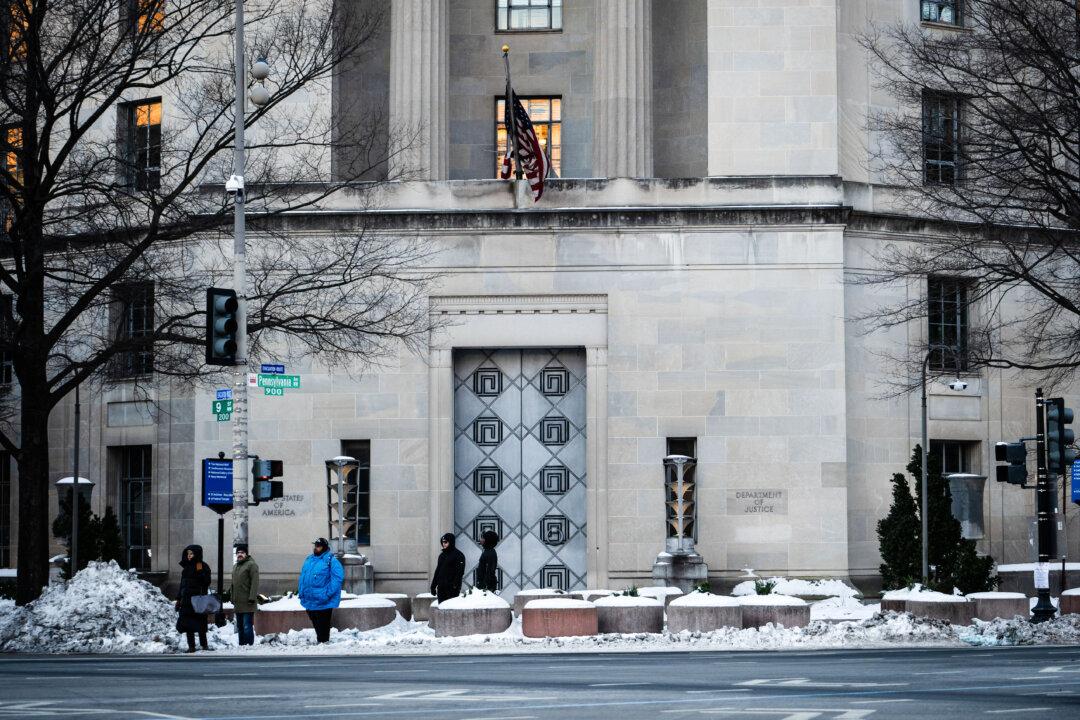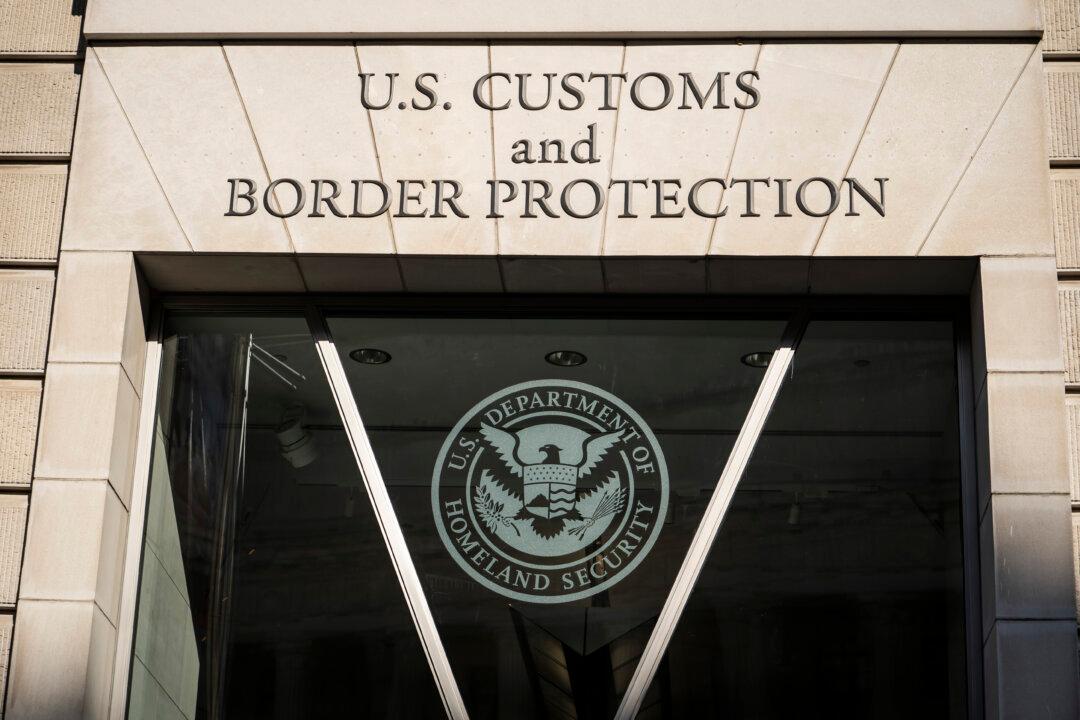TAIPEI, Taiwan—U.S. Lawmakers are calling on Secretary of State Antony Blinken and National Security Advisor Jake Sullivan to be tough on Beijing when they meet with Chinese officials in Alaska next week.
Blinken and Sullivan are scheduled to meet with two top Chinese officials—China’s Foreign Minister Wang Yi, and the top CCP official in charge of foreign affairs, Yang Jiechi—in Anchorage, Alaska, on March 18. The meeting is the first high-level in-person meeting between the two nations since President Joe Biden took office on Jan. 20.
“Secretary Blinken and National Security Adviser Sullivan need to make clear that the United States will not waver in its commitment to human rights and the protection of our national security,” he said.
Scott is not the only U.S. lawmaker to voice concerns about the upcoming talks.
The draft decision will further cement Beijing’s control over the territory by reducing Hong Kong’s democratic representation and pave the way for only “patriots” to govern the city.
The Meeting
Experts told The Epoch Times that Beijing and Washington won’t be able to resolve their differences in the upcoming talks.Soong Hseik-wen, a professor at the Institute of Strategic and International Affairs (ISIA) of Taiwan’s National Chung Cheng University (NCCU), said that Beijing wants to use the talks to ease tensions with the United States, so it could have a four-year reprieve to deal with problems caused in part by former President Donald Trump’s tough-on-China policies.
The Trump administration took a range of hardline actions targeting the CCP on multiple fronts, from its human rights abuses to theft of American research and technology to military aggression in the South China Sea.
A reprieve would also be needed for Beijing to deal with its domestic problems, including political instability, a declining GDP, and a real estate bubble, according to Soong. The professor is also the founder of ISIA and former dean of NCCU’s Center for the Humanities and Social Sciences.
Meanwhile, the professor expected the two sides to come out of the talks reaching consensus on a few issues, such climate change and cooperation on vaccines to fight the pandemic.
The cooperation on COVID-19 will be limited to vaccines, Soong said, as the two sides will not be able to reach an agreement on other related issues, such as the origin of the virus and Beijing’s accountability for the pandemic due to its initial coverup of the outbreak.
“After the talks, China will maintain a friendly relationship with the United States on the surface. However, both nations will set their own agenda, pitting the two sides on a more confrontational future,” Soong concluded.
Tzeng Wei-feng, an assistant professor at the Graduate Institute of China Studies of Taiwan’s Tamkang University, told The Epoch Times in an email that Beijing sees the upcoming talk as a way to defuse tensions so that it may continue its “socialist modernization” at home.
More importantly, the CCP sees the easing of bilateral relations as something good for the 20th National People’s Congress set to be held next year, according to Tzeng.
The CCP’s top leadership will be reshuffled at the 20th National People’s Congress. Current members of the CCP’s top decision-making bodies, the Central Committee and Politburo, could be replaced, while Chinese Leader Xi Jinping could be reappointed for a third term.
Tzeng believes that the Biden administration sees issues including Taiwan, Xinjiang, and Tibet as “bargaining chips” which could be used to extract significant “economic and diplomatic” deals from Beijing.
“It is difficult for the two sides to resolve their differences immediately,” Tzeng said.





